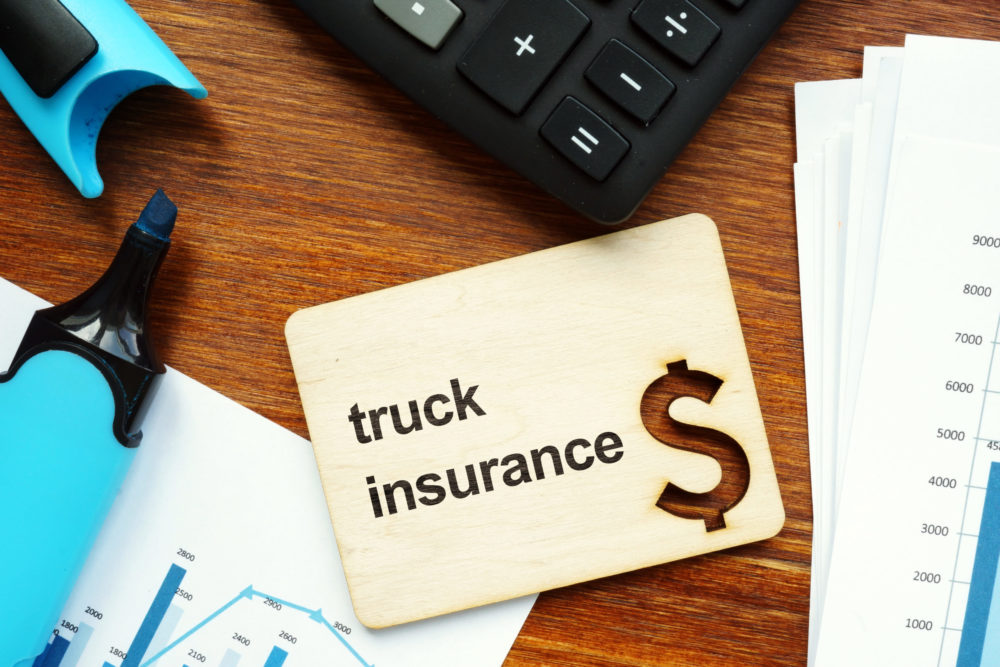Do you own a trucking company or a business with a trucking fleet? When was the last time you had an annual insurance review? In case you never did or forgot to, then you are not alone. Most trucking companies often forget to look into insurance reviews resulting in a lapse in their coverage and costing them a hefty sum.
What is Trucking Insurance?
Trucking insurance is coverage specifically designed to cater to the companies with a large fleet of trucks and trailers. This coverage is a must have due to transporting large amounts of cargo and the dangers behind operating a large commercial vehicle.
Trucking insurance provides you protection for:
- Accidents
- Auto liability
- Physical damages
- Trailer interchange etc.
Why Do I Need an Annual Trucking Insurance Review?
It’s normal for the driver turnover and freight rates to fluctuate. Additionally, any changes in your company’s driver details, vehicles, fleet, operations, and area of service may affect or void your current insurance.
A timely trucking insurance review allows you to save thousands of dollars by staying on top of any changes in rates and regulations that may affect the price you pay for the insurance premium.
According to a report by the American Transportation Research Institute (ATRI), the current trucking insurance average is 6.8 cents for every mile since 2019. This was a lower rate compared to prior years. Hence, if you are a trucking company that had an annual trucking insurance review before 2019, you may be eligible to save a decent amount on your insurance premiums.
The annual insurance review allows you to work with an agent and get assistance on making informed decisions on whether to switch your truck insurance and when.
Questions You Must Ask During Your Annual Insurance Review
Here is a list of questions you may ask the representative of the trucking insurance company during your review.
- If there has been an addition in your fleet, ask the insurance provider how it affects your current policy.
- Each cargo type presents its own set of hauling risks. So ask the representative if your current policy covers all the risks associated with the cargo your company handles.
- Insurance providers like companies with fixed routes because it reduces the risk of accidents as the drivers are familiar with the route. If you have added new routes or altered the existing one, you can ask the company if it will affect your insurance premium in anyways. Also, if you are now using fixed routes, will it get you any discounts?
Factors That Affect Your Premium
Various factors can cause your premium to go up and, in some cases, even get a discounted rate. These include
- Driver’s age
- Driver’s record
- Company’s rating
- Driver’s criminal record
- The area where you operate
- Driver’s years of experience
- Cargo you are hauling
- If the equipment and vehicle is new or old
- Your garaging zip code etc.
A quick tip is to always hire a seasoned driver with CDL experience of 2 years minimum. If they do not have any, then you can check their DOT safety record. This will allow you to fix any gaps in your safety profile. Unsatisfactory vehicle conditions and inexperienced drivers will translate into higher premium costs as the insurance provider will consider you a high-risk company.
Compare and Save
It’s essential to obtain the necessary insurance coverage to safeguard your trucking business. Our transportation professionals would be happy to help you. We strive to make insurance easy and save businesses like yours lots of money.
Our experienced agents have the ability to shop around for you since we’re partnered with many of the nation’s top carriers. Here’s the list of the top 10 commercial truck insurance companies.
Reference URLs
https://truckingresearch.org/wp-content/uploads/2020/11/ATRI-Operational-Costs-of-Trucking-2020.pdf


